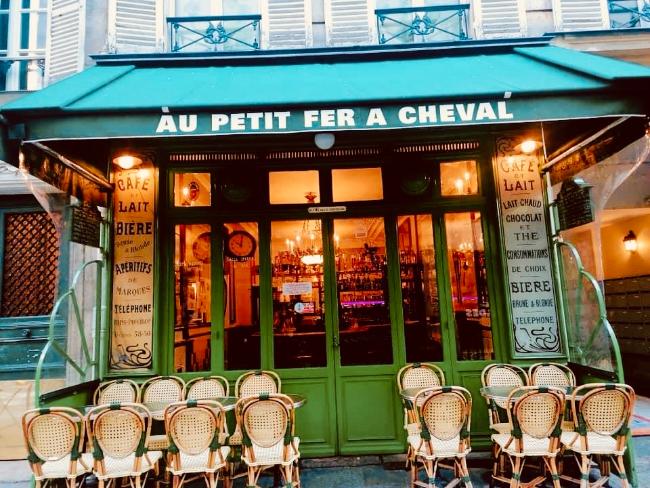Coffee from Brazil: A Parisienne’s Café Adventures
In this column, native Parisian Edith de Belleville — author, attorney, and tour guide — shares her café discoveries
Do you know what these seven cities have in common: Manila, The Philippines; Baghdad, Iraq, Dhaka, Bangladesh; Port aux Princes, Haiti, Kathmandu, Nepal; Damascus, Syria; and Paris, France? Apart from being capitals, these are the most densely populated cities in the world. Paris ranks seventh. This means that the City of Light is much denser than New York or New Delhi! According to the newspaper Le Parisien, which I read regularly at the café, “Paris intra-muros has 2,187,526 inhabitants. With a surface area of 105 km2 this gives a population density of 20,754 inhabitants per km2 , well ahead of New York (7,101 inhabitants per km2 ) and New Delhi (5,855)”
It’s because Paris is a small city. So there’s not enough room for everyone. Mind you, you don’t need rocket science to figure that one out. Have you ever tried to park in Paris? Good luck, because there’s barely enough room for one (small) car. I gave up a long time ago. And I’m not even talking about the terraces of Parisian cafés. I don’t know what it’s like in Manila, but in Paris, sometimes the bistro tables are so close together that you feel you’re sharing your coffee with your neighbor.
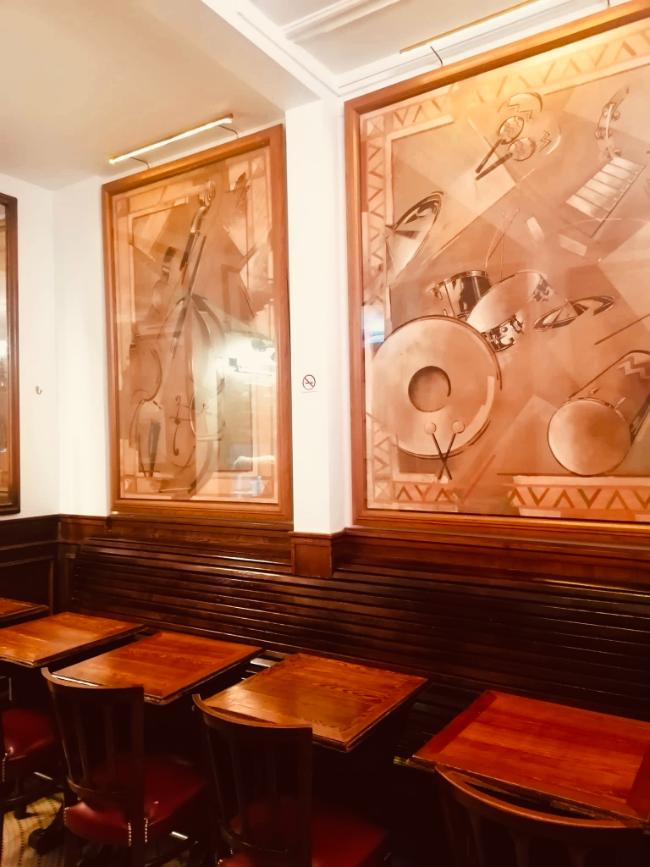
The interior of the cafe Au petit fer à cheval. Photo: Edith de Belleville
Take, for example, the adorable café called Au petit fer à cheval (The Little Horseshoe). You can’t miss this authentic vintage Parisian bistro with its façade dating back to 1903. In the distance you will see the stylish absinthe-green awning that matches the chairs. Inside, the old wooden metro benches will make you feel like you’re in another era. Everything in this café is pocket-sized, from the horseshoe-shaped marble countertop (which gives the place its name) to the mini terrace.
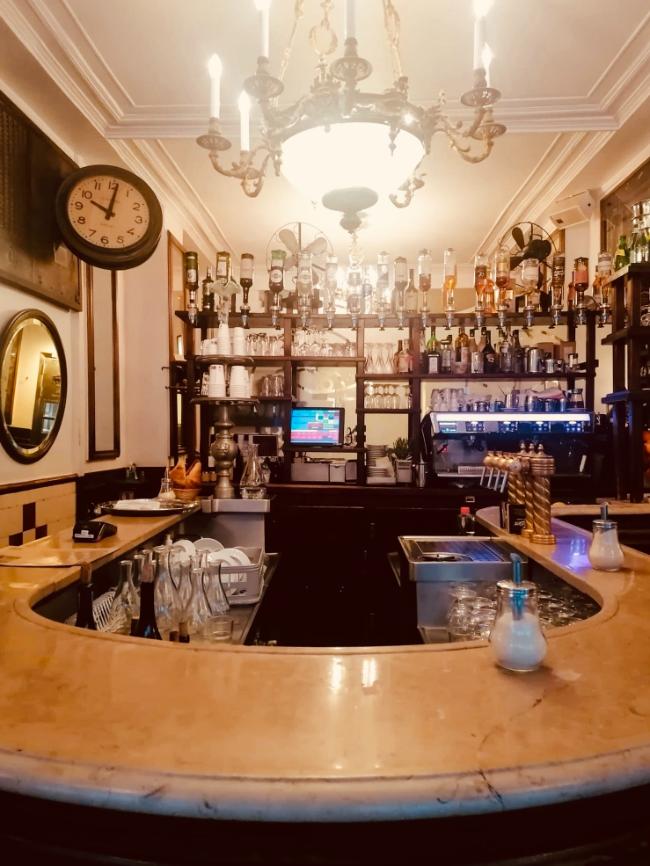
The interior of the cafe Au petit fer à cheval. Photo: Edith de Belleville
Note that “small” also has its advantages. It was on the tiny terrace of this café that I met Vitoria. I was enjoying my coffee while leafing through a book. It was then that my very next-door neighbor called out to me. Intrigued by the title of my book, “Marcel Proust, a Parisian Novel”, she asked me politely, in French with a slight foreign accent, where she could buy it. I told her it was the catalog of the exhibition I’d just seen at the nearby Carnavalet museum. Then I handed her my book to peruse, adding that I’d really enjoyed the exhibition. She returned my smile and told me she was Brazilian. She then enthusiastically told me how she had been introduced to French literature from an early age by a rather whimsical aunt who idolized all things French. Then, years later, Vitoria had decided to leave a comfortable life as a lawyer in Rio to live her dream in Paris.
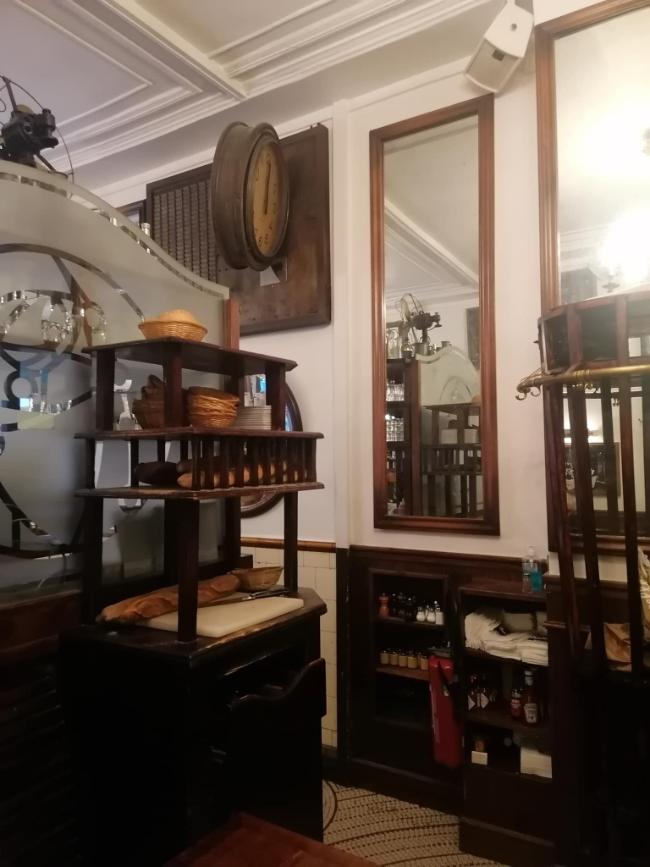
The interior of the cafe Au petit fer à cheval. Photo: Edith de Belleville
I found it hard to believe that she could abandon Rio’s beautiful bay, tropical climate and gentle way of life for a city where she knew no one and which has one of the highest population densities in the world. While telling me her story, Vitoria ordered a coffee. Looking up, she pointed out that at the top of the window there was an old café‘s sign engraved in French: “Café Bar from Brazil.” She went on to explain that her country was the world’s leading coffee producer, supplying a third of the world’s Arabica coffee production, i.e. 57.6 million 60 kg bags.
“Thanks to Brazil for its important contribution,” I said to her as I finished drinking my delicious coffee. As for chocolate, Brazil ranks seventh in the world, she pointed out. I replied, laughing: “Like us here for lack of space.”
“For me, who loves history, art, good food and of course French literature, Paris is my paradise. I’ve never regretted my choice,” added Vitoria with her lilting accent.
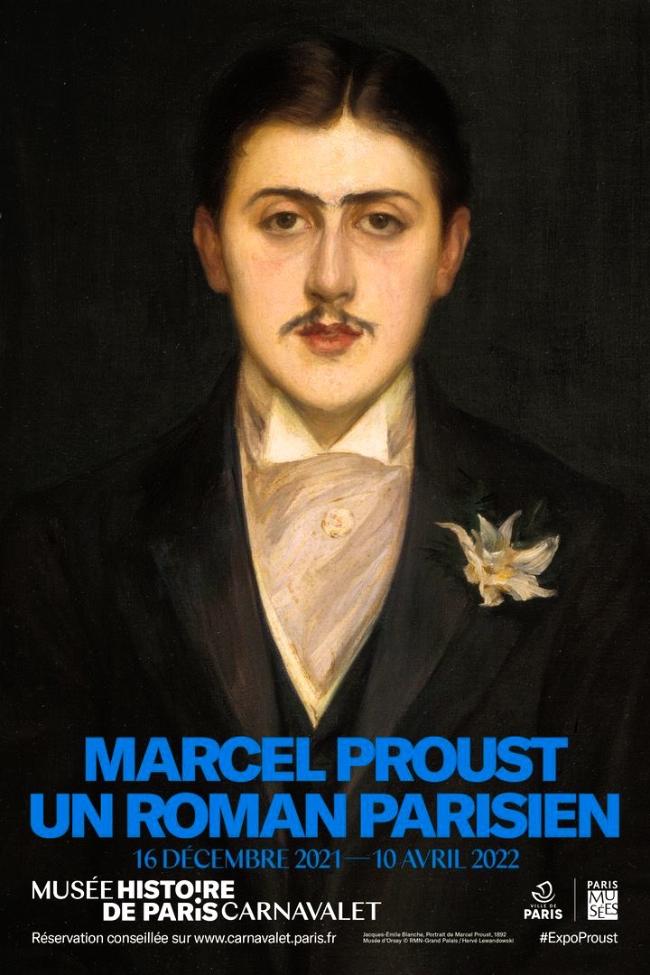
Speaking of paradise and literature, there’s a French writer Marcel Proust admired. His name is Jules Renard, and he’s best known for his novel Carotte Top. But this author is also celebrated for his diary. Jules Renard’s journal was the bedside book of a literate former French president, François Mitterand. Its concise, lively and biting style even inspired the prose of Colette and Albert Camus. Jules Renard, a native of La Nièvre in Burgundy, spent most of his time in the literary cafés of Paris.
Like my new Brazilian friend, Jules Renard loved his new Parisian life. In a single sentence, he brilliantly summed up this city, for which the finest minds in the world are ready to leave everything. Thus, Jules Renard said, “Add two letters to Paris and it’s paradis.” And it’s not Vitoria who will say otherwise.
DETAILS
Au petit fer à cheval
30, rue Vieille du Temple, 4th arrondissement
Lead photo credit : Photo: Edith de Belleville
More in Cafes, Paris cafes
